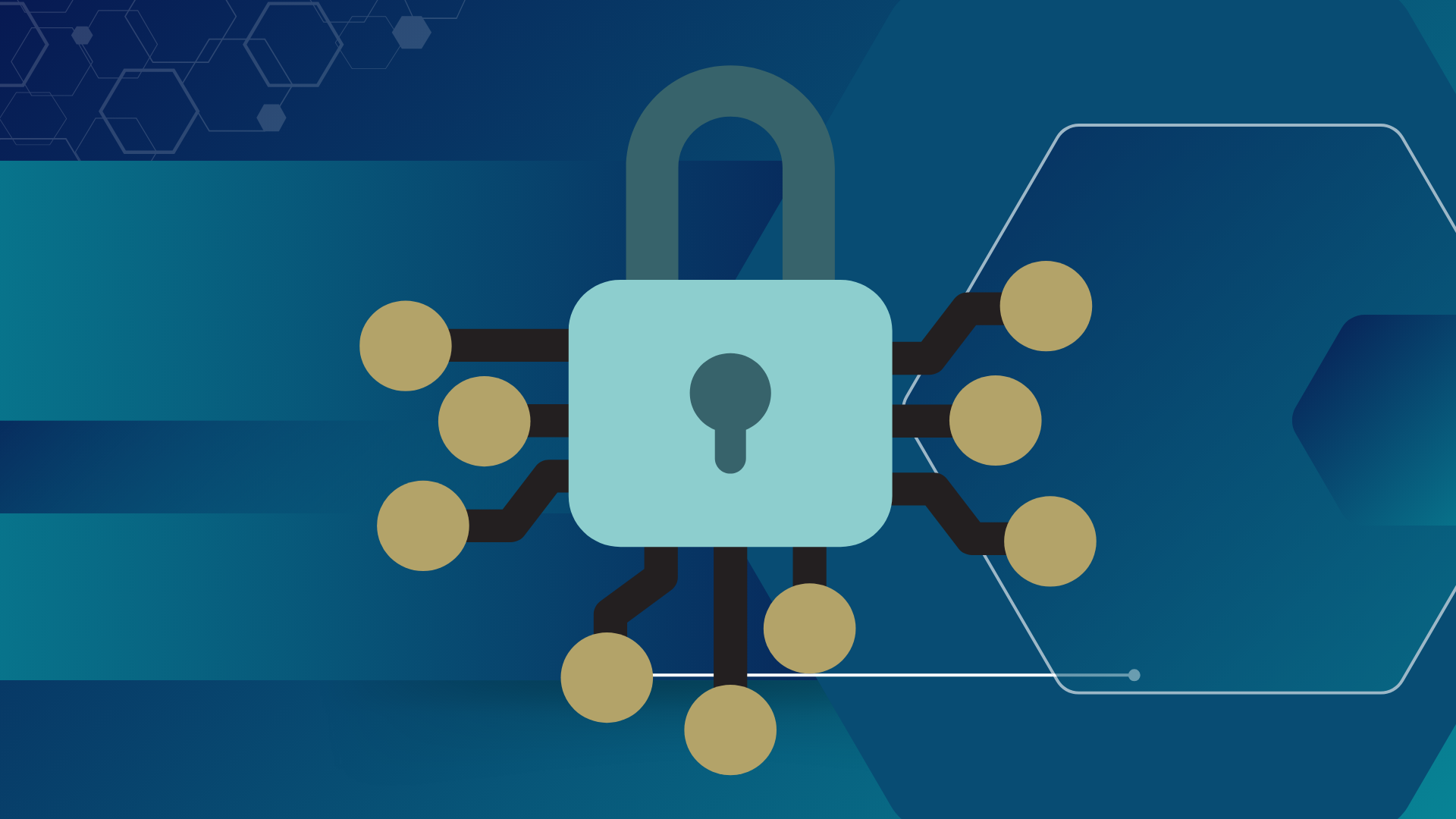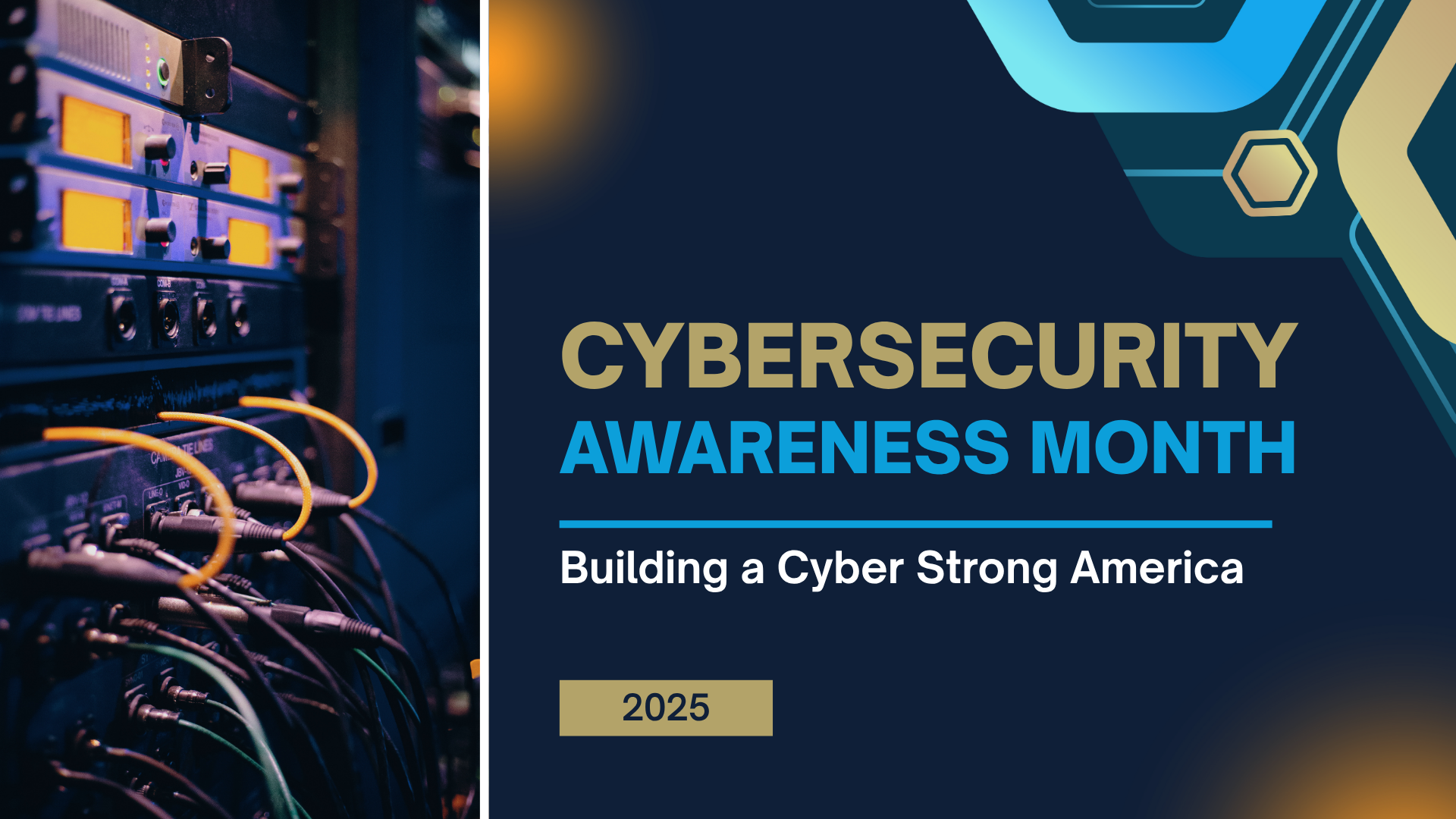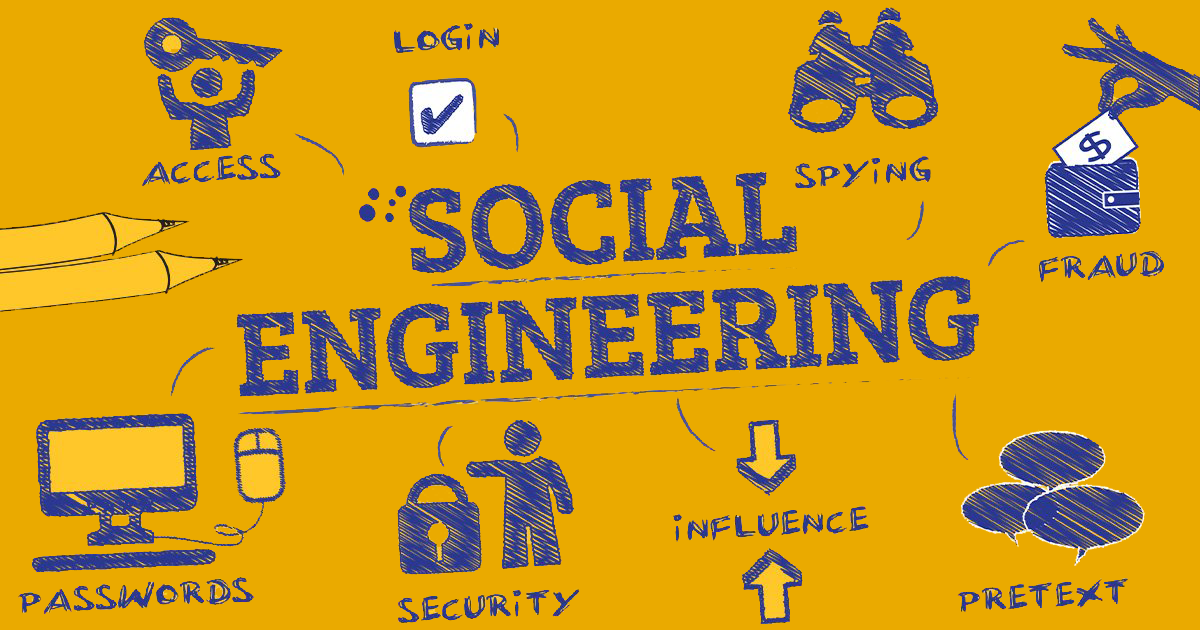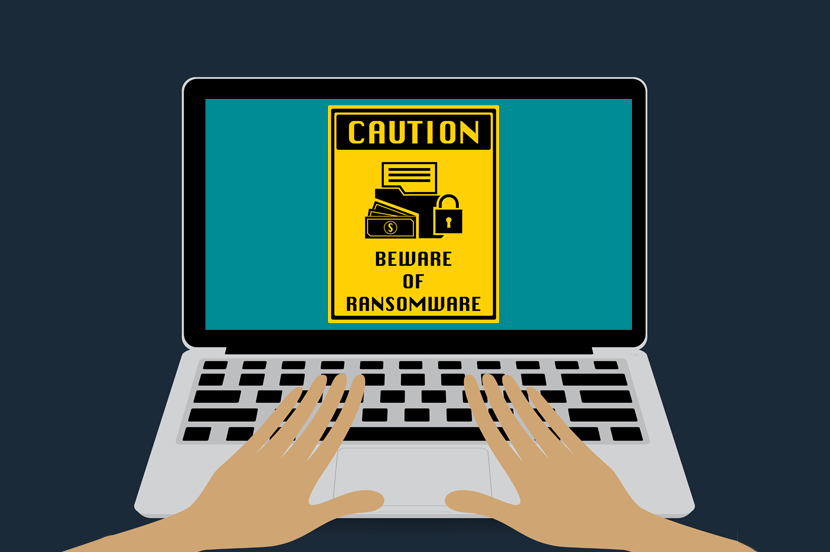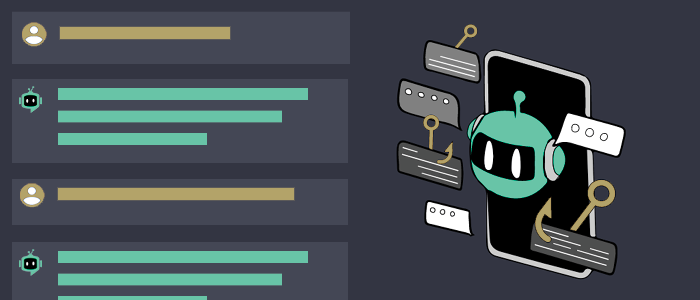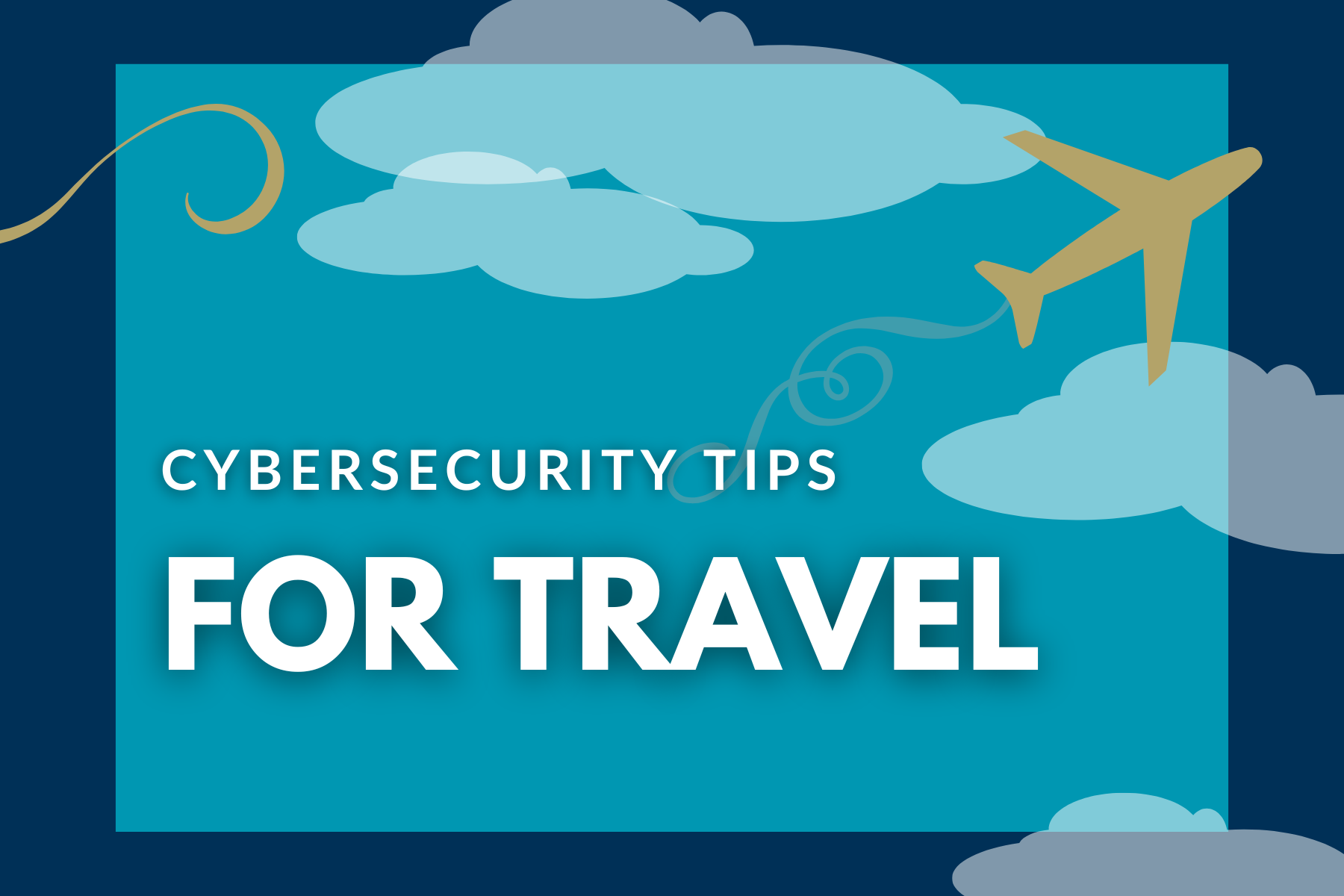Education
Cybersecurity education is the first step to keeping cyberthreats at bay. Learn about the KnowBe4 platform, Institute compliance training, and other cybersecurity education resources below.
KnowBe4
KnowBe4 is the provider of the world’s largest security-awareness training and simulated phishing platform. Organizations -- including the University System of Georgia -- use KnowBe4 to educate end users on the importance of cybersecurity. Georgia Tech employees use the platform to complete the Institute's biannual compliance trainings. Employees can access optional learning material under the 'Library' tab in their KnowBe4 learner's dashboard. Access KnowBe4 at b.gatech.edu/KnowBe4.
Are you staying vigilant against phishing attacks?
Cybersecurity breaches usually begin through phishing, a malicious email to trick a recipient into revealing passwords and other sensitive information. Know how to spot the signs of a phishing attempt.
Dos & Don'ts
Here are key cybersecurity 'dos' and 'don’ts' to keep you and your information safe from cyberthreats at Georgia Tech.

DO
- DO immediately forward suspicious emails to phishing@gatech.edu.
- DO verify your two-factor authentication (2FA) notifications. Before accepting DUO phone calls or notifications, ensure that it has been initiated by you or someone you trust. If you receive unexpected or suspicious verification notifications, do not accept them.
- DO report potential data incidents or if you suspect that you are being targeted by a two-factor authentication scam or any other personal information breach to the OIT Security Operations Center at soc@gatech.edu.
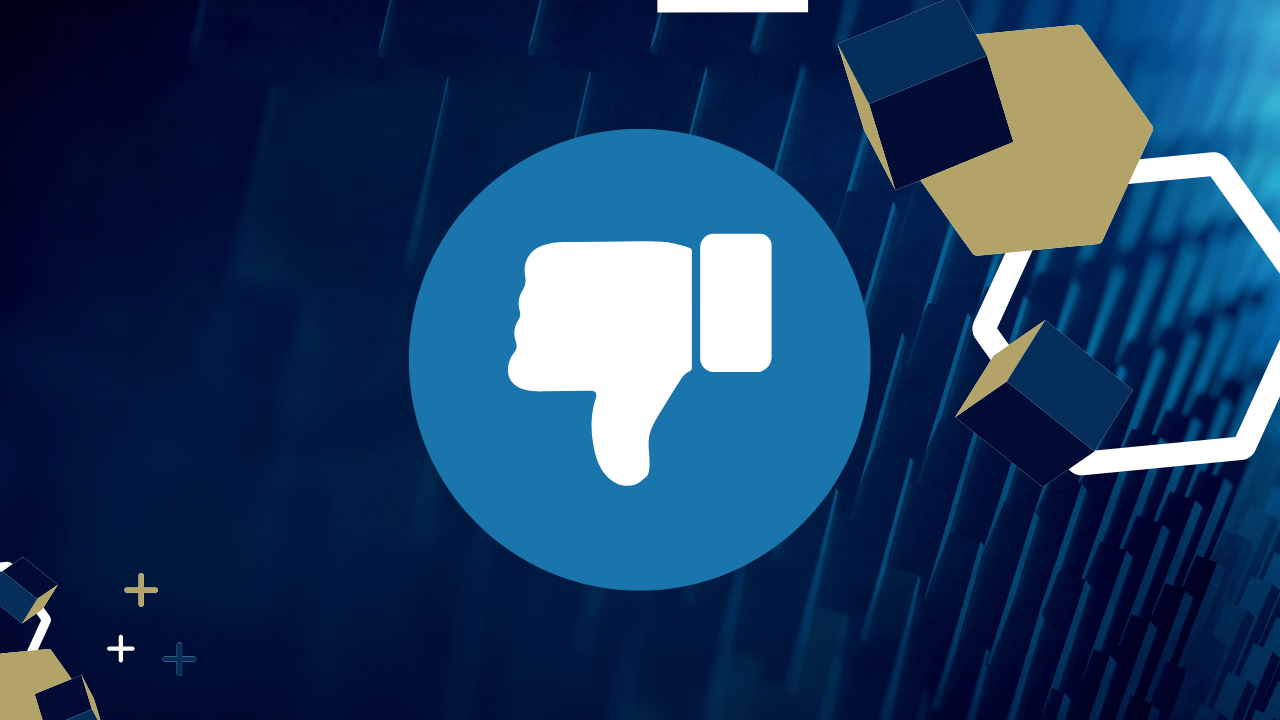
DON'T
- DON'T reply to suspicious emails or text messages. Also, don't visit any links within the email or text message and do not forward suspicious messages to others.
- DON’T enter sensitive, protected, regulated or confidential data into an AI tool, no matter if it is approved for use at the Institute or not.
- DON'T provide personal information, account credentials, or verification codes over the phone, unless you are absolutely certain of the identity of the caller.
Protection
Learn how the Office of Information Technology is keeping cyberthreats at bay through two-factor authentication and the latest on AI guidance at the Institute.
Two-Factor Authentication
As part of its ongoing commitment to strengthen Georgia Tech’s defenses against cyber threats, OIT recently implemented changes to available two-factor authentication methods.
What is the Security Operations Center?
The OIT Cybersecurity department's Security Operations Center (SOC) is a team that specializes in detecting, monitoring, and addressing cybersecurity concerns related to the Institute on a daily basis. If you ever think your Georgia Tech accounts have been compromised, contact SOC at soc@gatech.edu. Learn more about SOC via the knowledge article below.
(text and background only visible when logged in)
